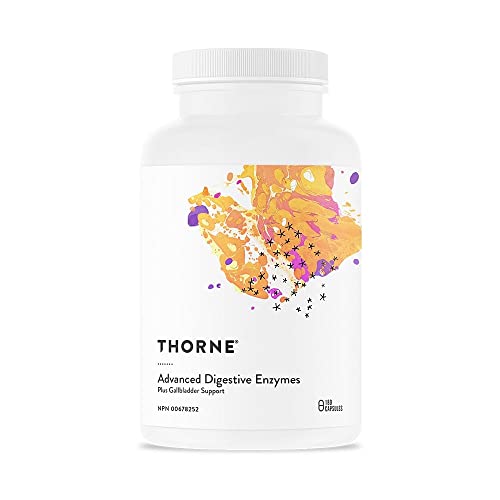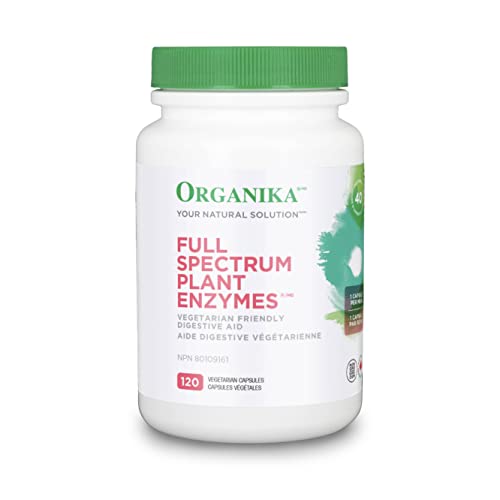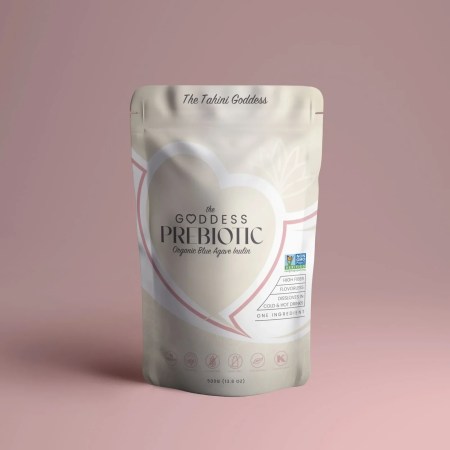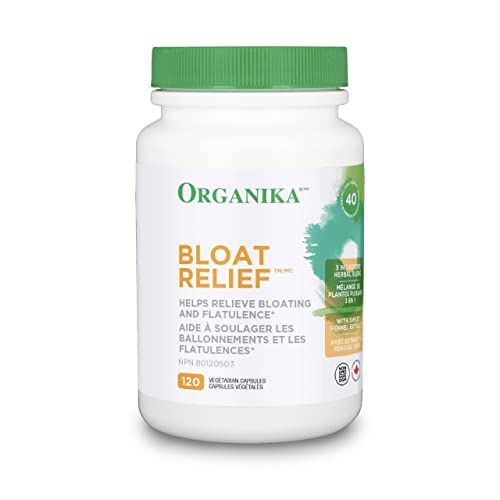The Curator independently decides what topics and products we feature. When you purchase an item through our links, we may earn a commission. Promotions and products are subject to availability and retailer terms.
We’ve all had those moments, haven’t we? That uncomfortable tummy that leaves us either glued to the couch, gently massaging our belly, or hunched over in the bathroom, wondering where we went wrong.

A bloated stomach can be like a tight pressure in the stomach area, making it look swollen or feel larger than usual. You might experience discomfort or even pain, along with stomach noises, flatulence, and burping.
What causes bloating
Food triggers
Toronto-based naturopathic doctor Meera Dossa says the number one thing she always wants to rule out is a food trigger of some kind. Consuming foods that have a lot of thickeners and emulsifiers, for example, can cause bloating for some people. Ingredients like gelatin gum, guar gum, xanthan gum, and cellulose gum, which are commonly found in non-dairy milk, protein shakes, and ice cream, can disrupt the gut microbiome by killing off beneficial bacteria and lead to bloating, she says.
Those who experience bloating or discomfort from drinking store-bought non-dairy alternatives may be better off making their own nut or hemp seed milk or purchasing brands without additives. Identifying what may be potentially triggering the bloat in someone’s diet is key to preventing it.
Stress
“The second biggest reason that I find that people are bloated is stress and that’s a hugely modifiable factor,” says Dossa. From eating on the go to trying to shove down a few bites during a commute or scrolling through Instagram while eating, these factors trigger the body to think it’s in a hypervigilant, stress-response situation.
Anytime your body is in this fight or flight state, it’s spending its resources – on the heart, muscles, and periphery areas – to keep you safe rather than for the process of digestion, she explains. Bloating can then ensue.
How you eat
Dossa recommends practicing proper “food hygiene,” which includes sitting at a designated meal area without any screens, watching your fluid intake while you’re eating, and making sure you’re thoroughly chewing your food. Eating too quickly can take in excess air, causing bloat, so it can be helpful to put your utensil down between bites to pace each forkful.
Food hygiene can also involve having three dedicated mealtimes per day as opposed to grazing food throughout the day, so you’re not constantly producing hydrochloric acid and diluting the stomach acid needed to break down food. By eating at dedicated times,” you’ve got more power to digest and break down your food,” says Dossa.
Stomach acid
People who are not able to produce enough stomach acid, a condition called hypochlorhydria, can experience common symptoms of heartburn and bloating. For people with low stomach acid, taking digestive bitters before meals may be helpful because it can help secrete the hormone gastrin, which helps the stomach to produce and release more stomach acids for digestion.
But the treatment for optimal digestion is very patient-specific, says Dossa. For example, someone who has had their gallbladder removed may require a specific digestive enzyme to help break down the fatty components of their meal, while a person with a different health history would require a very different treatment approach altogether. If you’re experiencing chronic bloating, it’s best to consult with a health practitioner to understand your unique needs.
Menstruation
Dossa notes that people who menstruate can experience bloating as a symptom leading up to their period. As progesterone drops and estrogen rises during this time, premenstrual water retention can create that feeling of bloat.
Overall, prioritizing gut health is key to a happier stomach. “Supporting the gut microbiome with a wide array of whole foods is going to allow the good bacteria in your gut to flourish and crowd out the bad bacteria” that may be producing excess gas and causing bloat, says Dossa.
Here are 5 products researched and picked by the Curator Team that can help with digestion.

Digestive bitters can be wonderful aids to help stimulate the digestive system. This premium digestive bitters tonic, made by award-winning organic plant medicine farmers in Ontario, features nine certified organic herbs, that help optimize digestion as well as relieve symptoms of indigestion.

Not sure which digestive supplement is most effective? You can be assured that health practitioners recommend Thorne’s Advanced Digestive Enzymes as being an effective formula that supports good digestion by helping break down food and promoting the absorption of protein, fats, and carbs.

A top-rated digestive enzyme supplement by users, Organika’s Full Spectrum Plant Enzymes helps break down food for better digestion and utilization in the body. Organika uses vigorous third-party testing for quality assurance of their products, including Health Canada-specific parameters for toxins.

Inulin is a type of prebiotic that helps grow good bacteria in the gut needed for a healthy digestive system. Derived from the plant blue agave, this ideal source of inulin comes in a powder form that’s high in fibre, contains no sugar, and can be easily added to your morning smoothie or tea.

When uncomfortable bloating, indigestion, gas, or stomach discomfort does happen and you need something to help ease the pain, lean on this three-in-one herbal blend to help relieve various digestive disturbances and get you feeling back to normal.
© 2024 Global News, a division of Corus Entertainment Inc.






